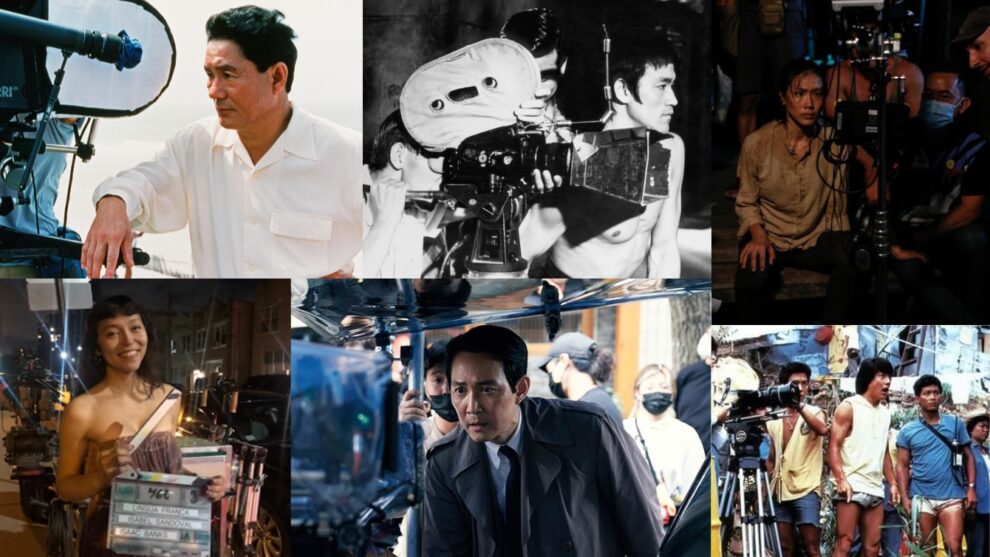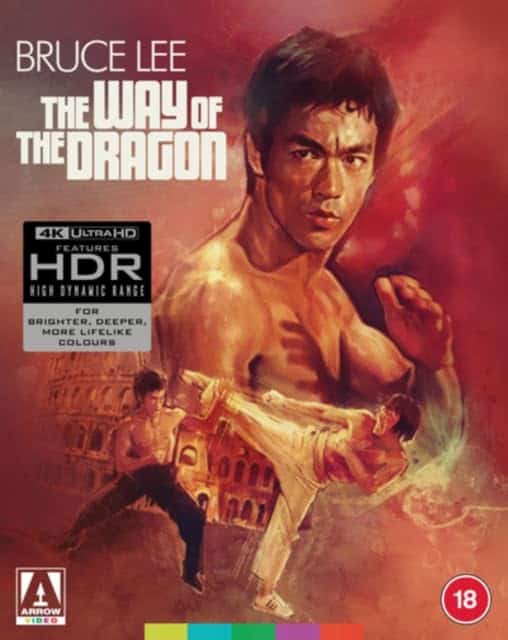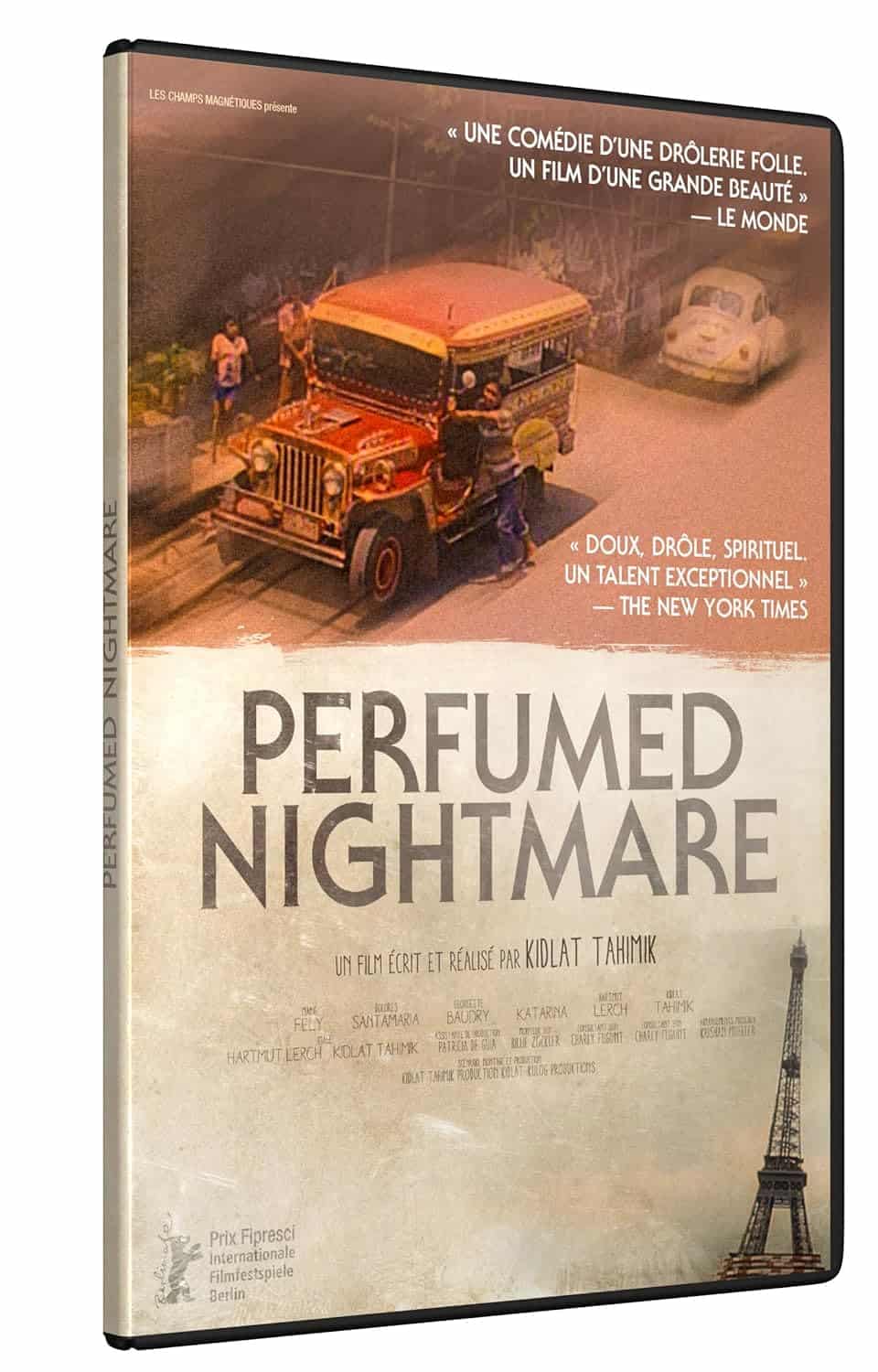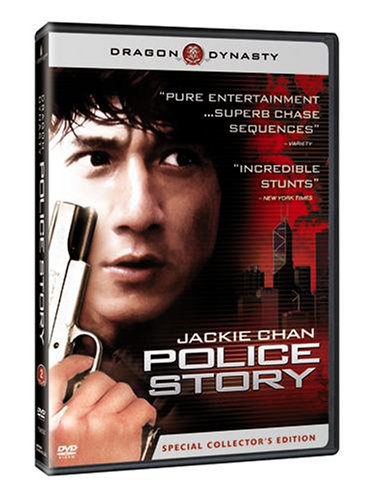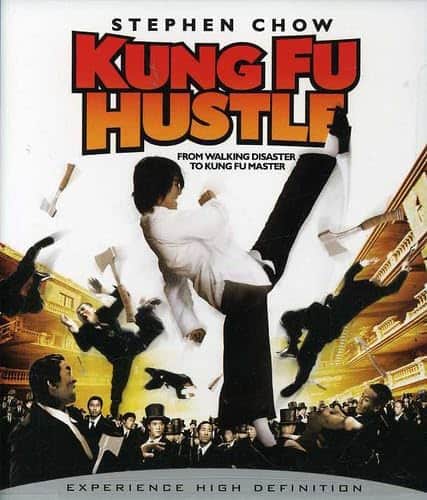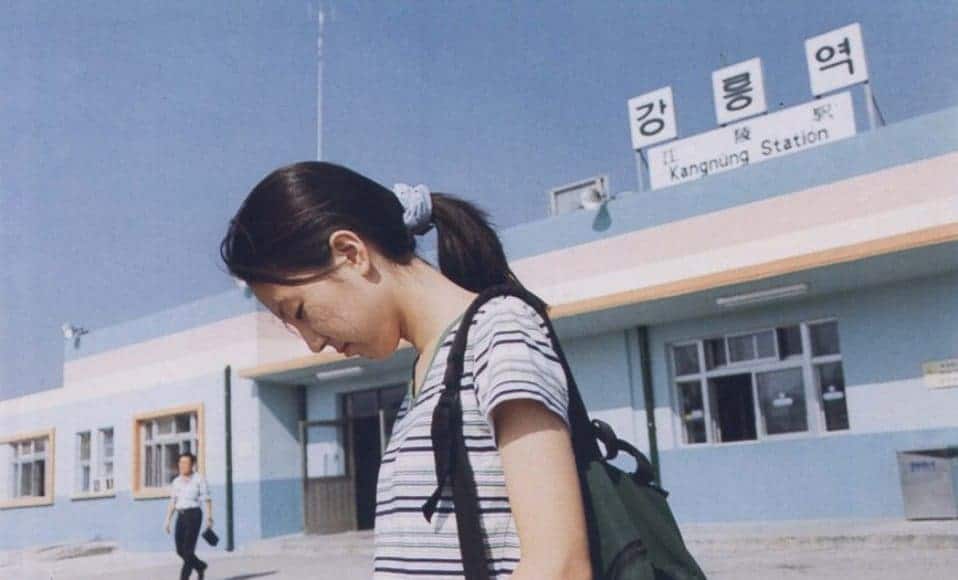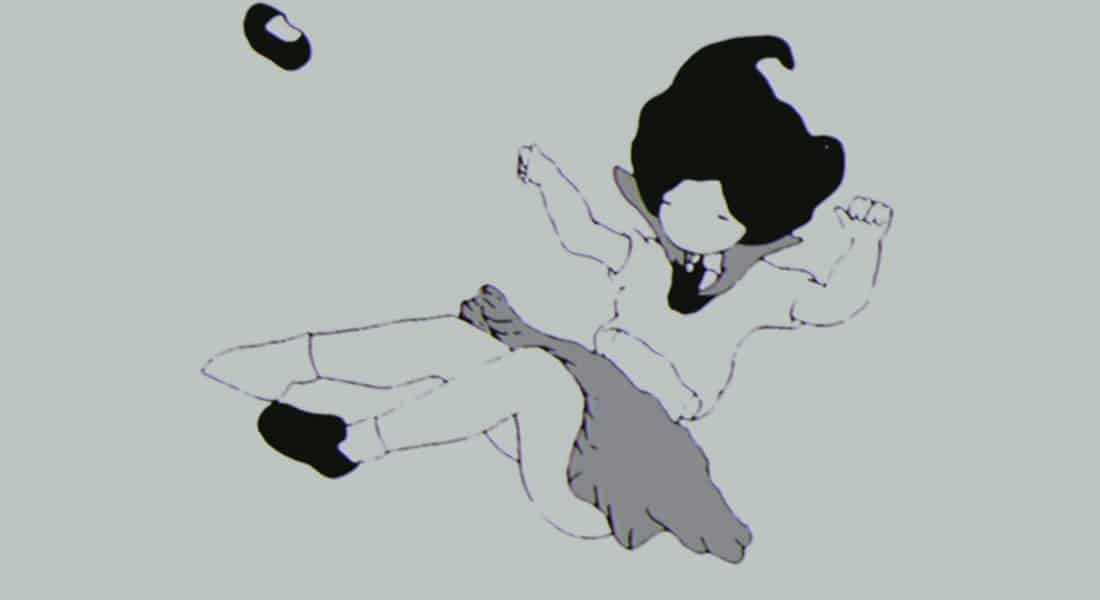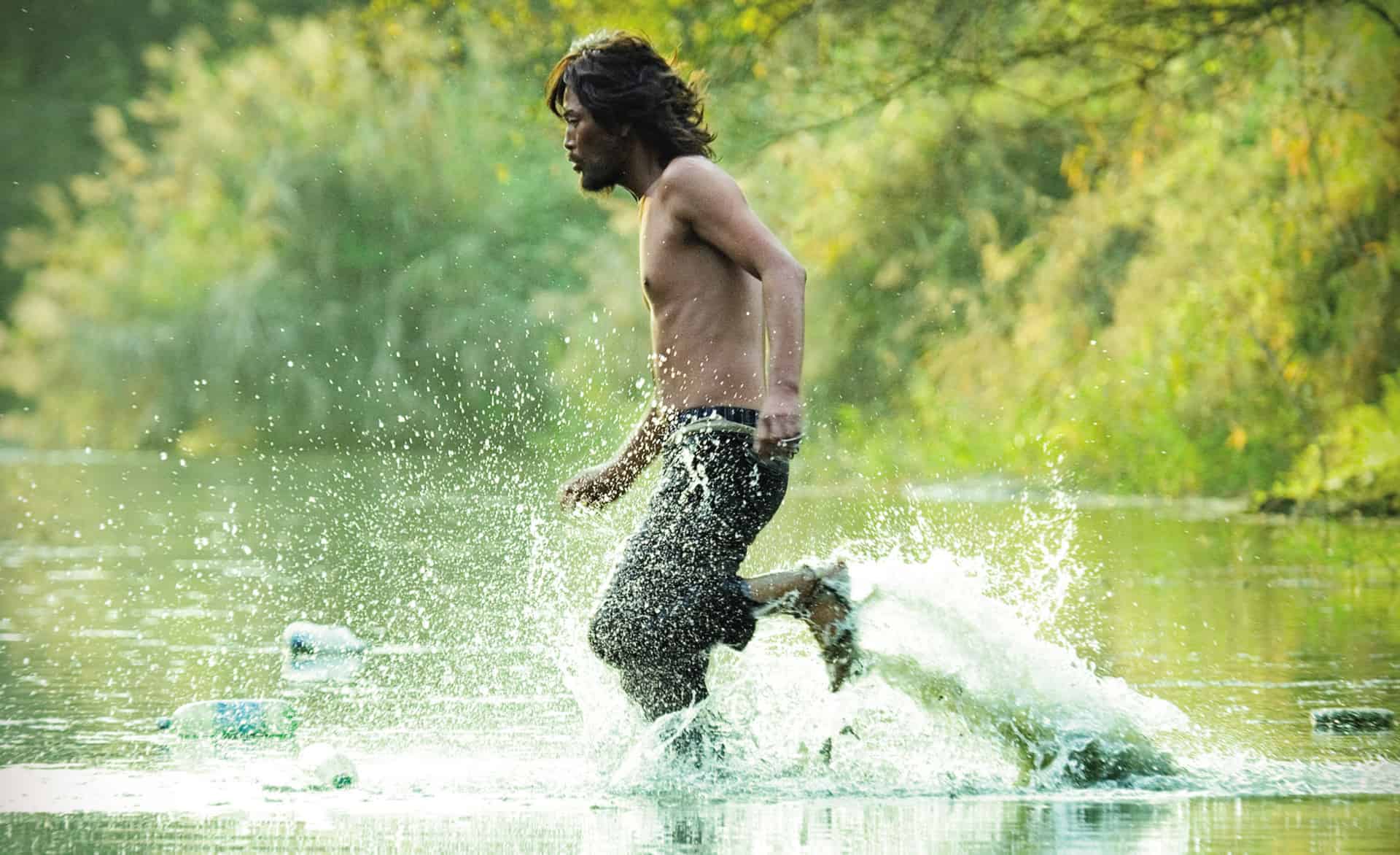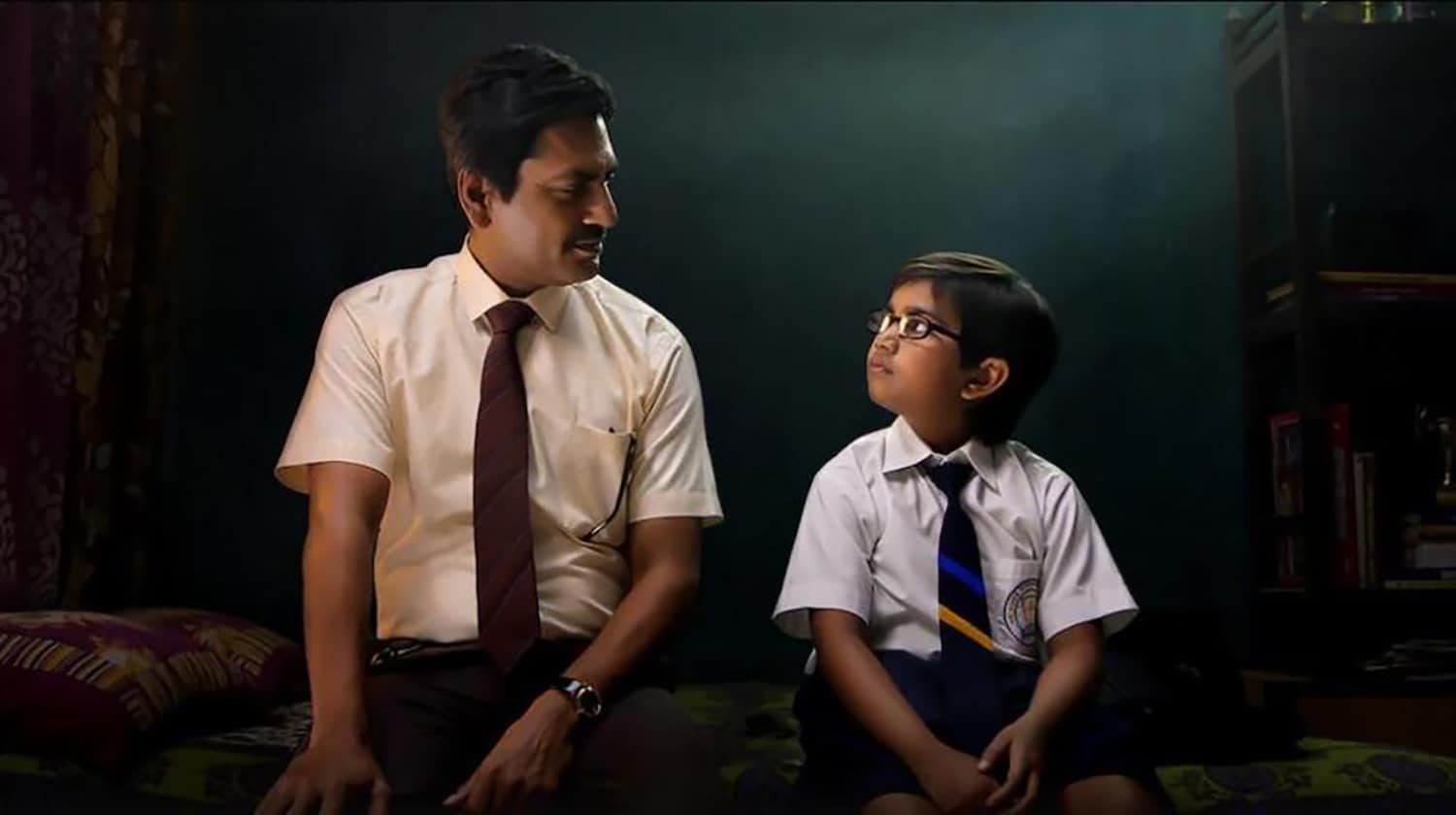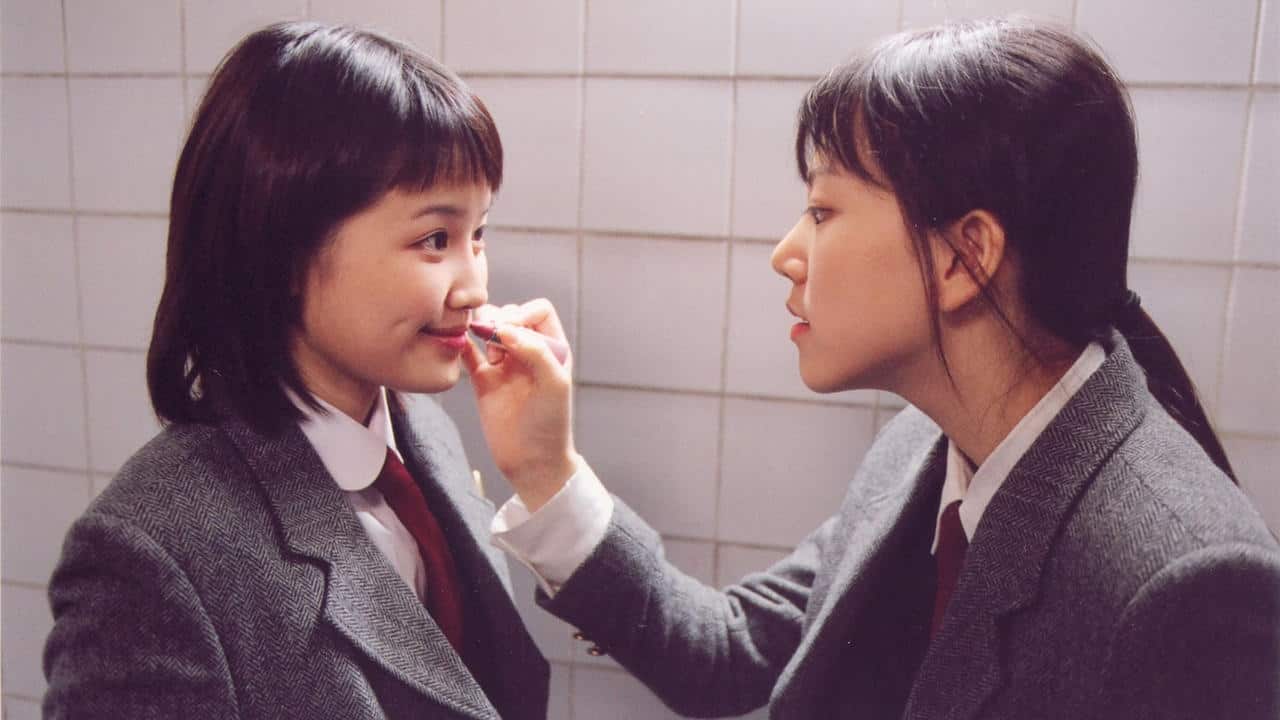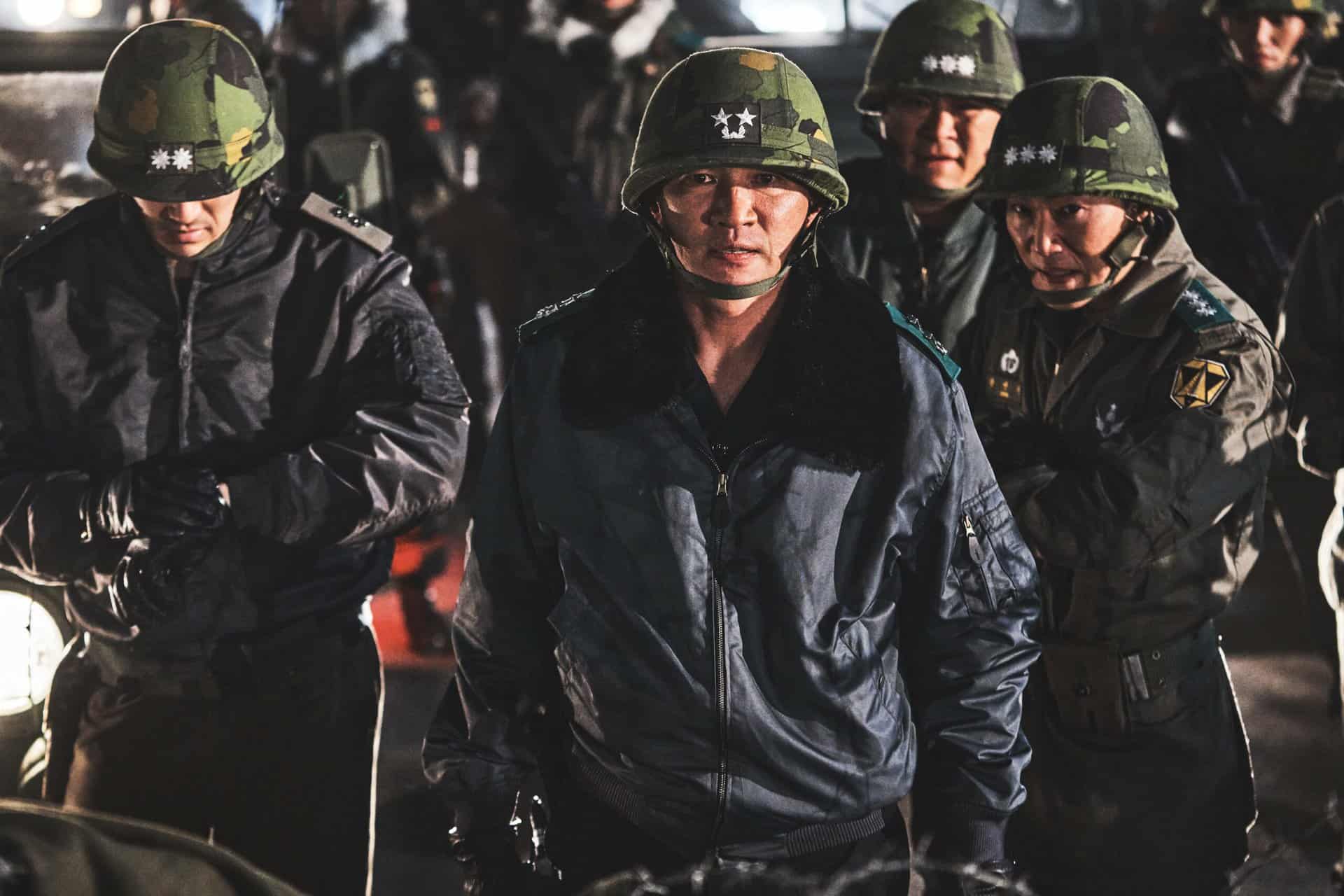It takes a lot for a cinematic creative to do multiple jobs on one production. Many directors work closely with their actors over many years, building a rapport, maybe even a second language that allows them to develop and improve with each new work. It's tough to get closer than an actor and director being the same person, however, and a rare case across Asian cinema. Nevertheless, there are directors out there who have proven to be a cut above the rest by turning the camera on themselves and expanding their range in the process. Here are ten of the most striking self-directed performances Asian cinema has to offer.
1. Bruce Lee (The Way of the Dragon, 1972)
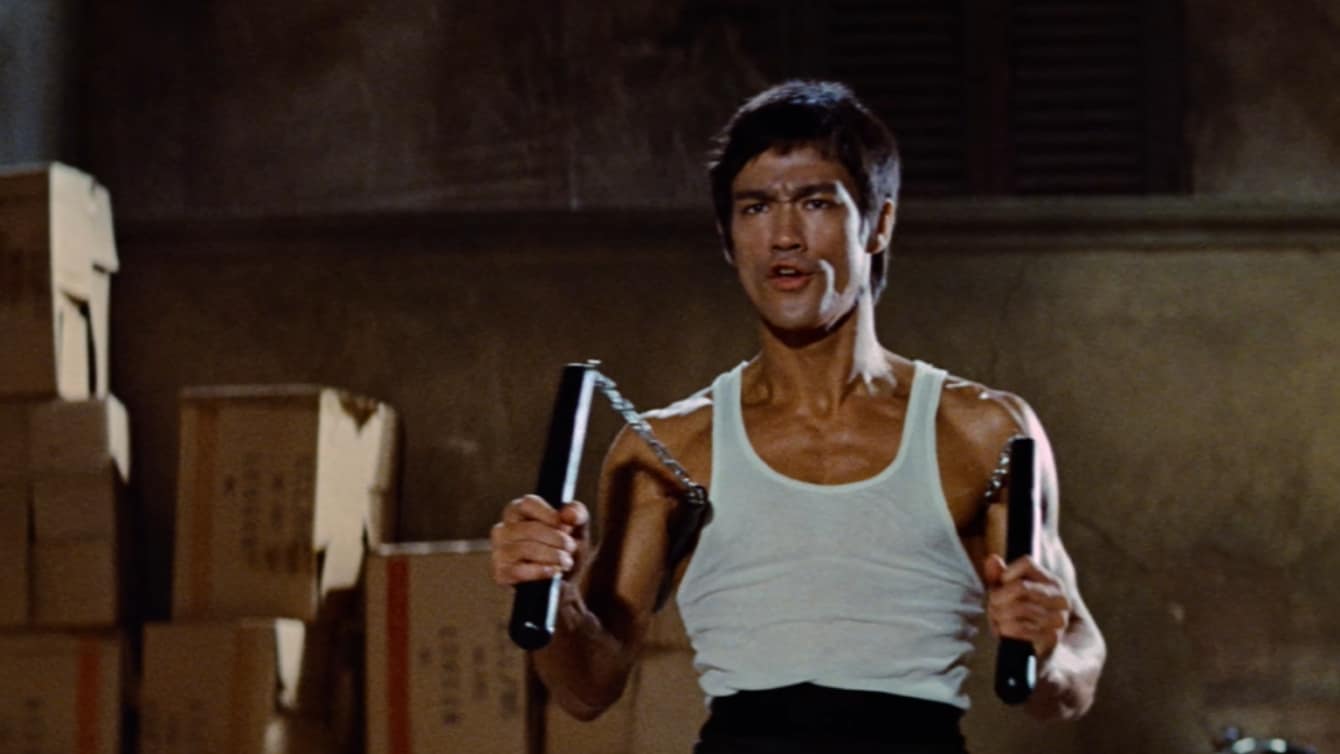
Action stars don't get much more iconic than Bruce Lee, the Hong Kong superstar taken far too soon at the age of 32 and the height of his powers. His sole directorial effort is “The Way of the Dragon”, a star vehicle for himself as an untouchable leading man and world-class athlete. His hero of choice this time is Tang Lung, a Chinese boxer on a working Roman holiday, aiming to help out his cousins in their failing restaurant business. A villainous crime boss (Jon T. Benn) has his eye on their patch, however, sending hoodlums and heavies to take the Chinese businessmen out of the equation. Bruce ends up doing what he does best and dispatching them all one by one in cool and swift fashion, ticking every box on the ass-kicking front as he goes. What is new here is a sense of comedy that is rare in Lee's work; before the fighting begins, a solid twenty minutes is given over to fish-out-of-water hijinks involving Tang Lung misunderstanding a restaurant menu and ordering eight bowls of soup, nearly hopping into bed with a seductive Italian lady and numerous toilet gags that culminate in Lee effortlessly hopping on top of a Western lavatory like a grasshopper. While maybe not his most famous or exciting role, he nonetheless showed a natural talent at capturing his own star wattage with a robust and punchy beat-'em-up that showed plenty promise that we unfortunately never got.
2. Kidlat Tahimik (Perfumed Nightmare, 1977)
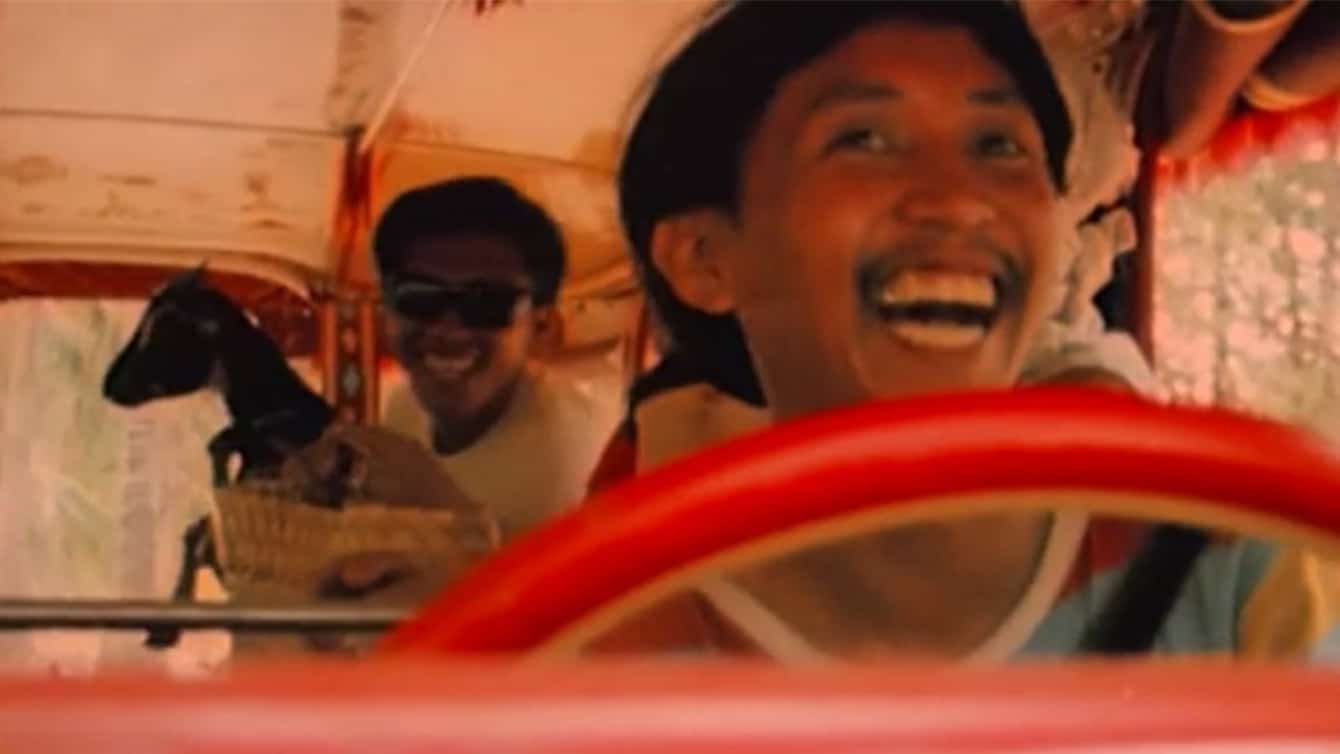
Perhaps the most effervescent performance on this list, the bubbly enthusiasm of Filipino filmmaker Kidlat Tahimik is encapsulated in his wonderfully original “Perfumed Nightmare”, a travelogue where jeep driver Kidlat dreams of going abroad to the promise of the big city. His journey takes him to Berlin, where the modern world's strange and intimidating scale gives him a reality check. Tahimik narrates and addresses his audience throughout, grabbing them by the hand and taking them on a brilliant cinematic holiday from one reality to another. The early scenes in the rural Philippines are communicated with a great love and affection from Tahimik, and his wising-up to the complicated nature of the world outside his own is both moving and smartly pitched at once. “Perfumed Nightmare” launched him into his status as the “Father of Philippine Independent Cinema”, but in this film, he's a tour guide, a best friend and a kindly brother to whoever decides to follow him on his voyage of self-discovery.
3. Jackie Chan (Police Story, 1985)
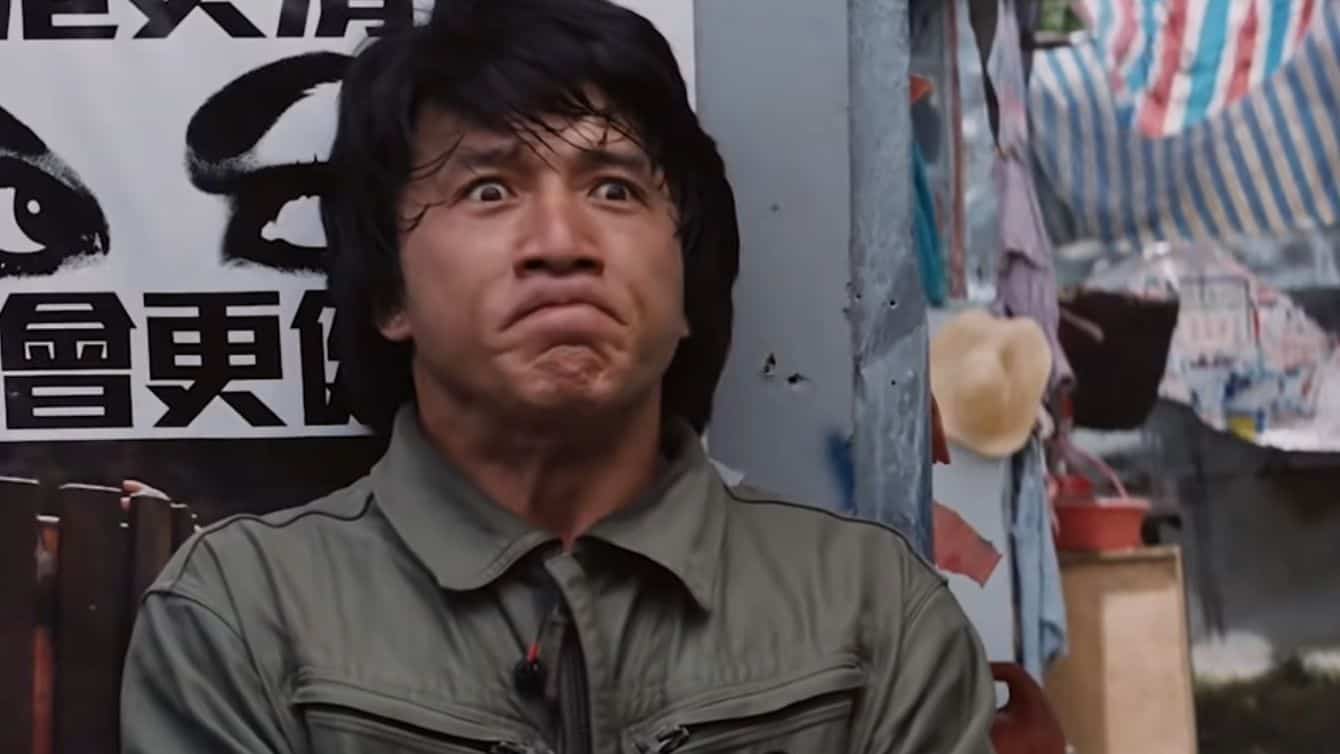
There comes a point in many action films where a director has to ask if the things they're asking their performers to do are too dangerous to justify. Jackie Chan cuts out the middle man entirely with “Police Story” and does it all himself, and then some. Chan's fifth feature in the director's chair is perhaps his crowning achievement, with a snappy control of tone (comedy and excitement are balanced perfectly) and a commitment to making each moment as impactful as possible. He's not only completely hilarious here (running the police station switchboard is a real feat of physical comedy), but the paces he puts his own body through on the action front are staggering. Whether he's swinging from the side of a cornering bus or sliding five storeys down a metal pole and crashing through an enormous glass pane on impact, Chan takes the “if you want a job done, do it yourself” school of thought to impressive new heights.
4. Takeshi Kitano (Sonatine, 1993)
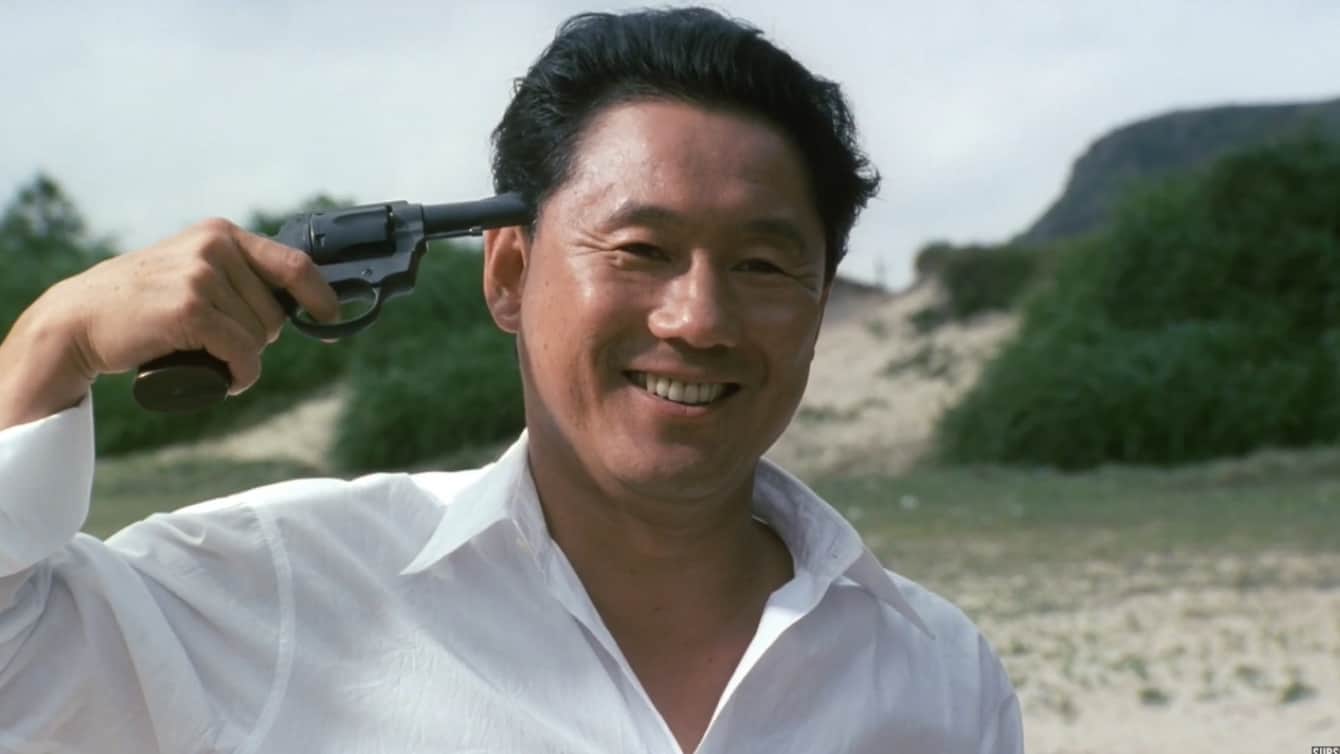
After a turbulent career as one of Japan's most popular comedians, ‘Beat' Takeshi Kitano gained international recognition as a self-directed movie star. His fourth feature, “Sonatine” is among his most beloved and subversive, following a contingent of Yakuza who are sent to a sleepy coastal town to mediate a civil war between two smaller gangs. Kitano is Murakawa, their volatile and unpredictable captain, prone to fits of ecstatic mania and cold, calculated punishment, and the film forms a strange, tragi-comic little world around him. His winning smile when fooling around with his brothers is often a disarming counterbalance to the early scenes displaying his penchant for beatings and drownings, so much so that it's easy to find oneself having to snap themselves out of siding with him on multiple occasions. By the time the film reaches its explosive, abstract, melancholy finale, the emotional journey the audience has been taken on is completely surprising, and anchored the whole way by Kitano's multi-dimensional turn as a sociopath learning to feel, maybe for the first time.
5. Stephen Chow (Kung Fu Hustle, 2004)
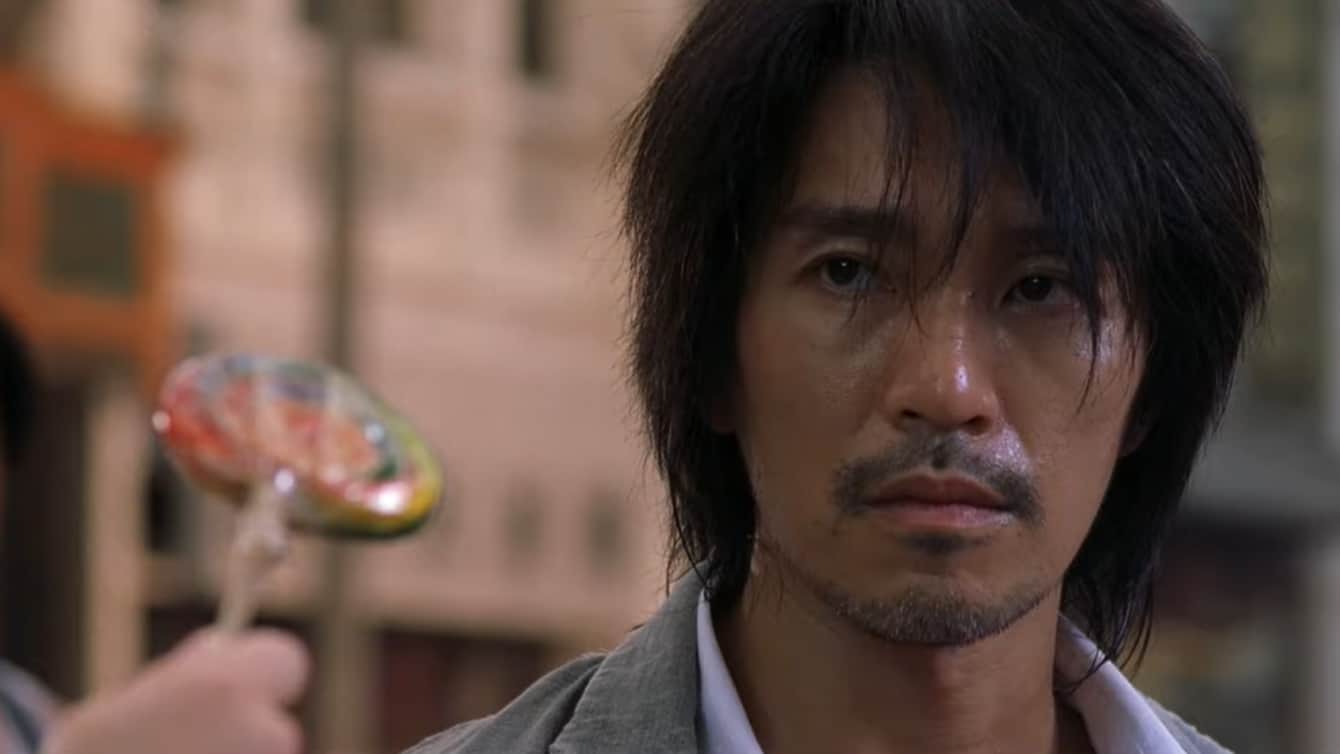
There is always something wacky or eccentric going on in “Kung Fu Hustle”, Stephen Chow's mega-hit martial arts comedy about the villainous Axe Gang's battle with the mystically-empowered residents of Pig Sty Alley. For long stretches, Chow's wannabe scoundrel Sing is barely present, sitting off-screen in his director's chair and a narrative backseat in huge setpieces where Yuen Qiu and Yuen Wah's Landlady and Landlord protect their turf. But Chow is secretly brilliant here, never overplaying his pratfalls or slapstick injuries and instead keeping them mostly straight-faced. His pained, restrained reaction to being repeatedly stabbed by his best friend Bone (Lam Chi-chung) takes what could be an unreasonably sadistic attempt at hilarity a very funny moment indeed, and his eventual transformation from clumsy bum to kung fu master feels coherent even as the film around him gets sillier and sillier. Although this is Chow's penultimate acting effort to date, it remains an excellent example of a winning performer also being a winning director to audiences around the globe.


